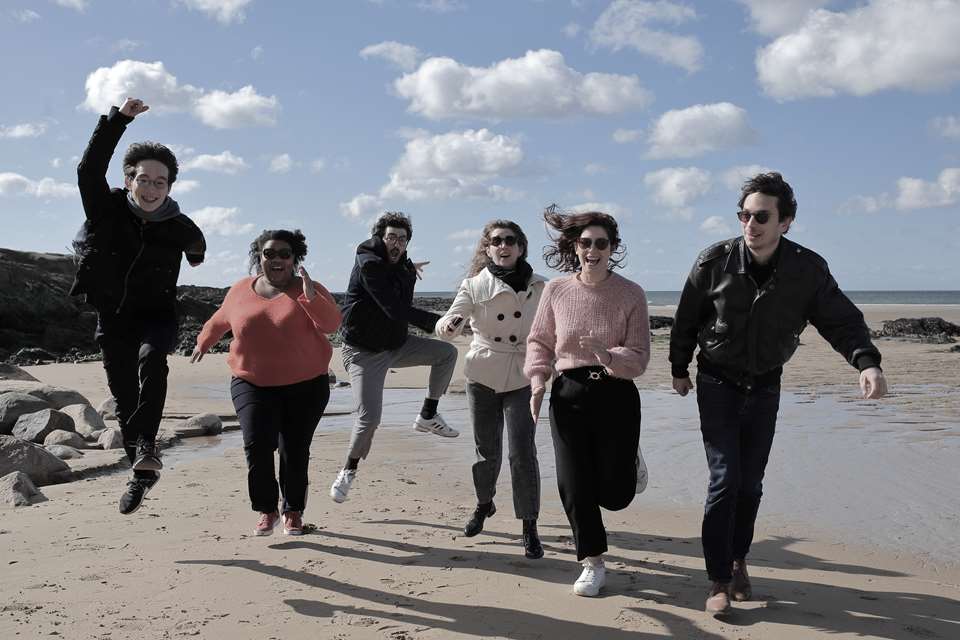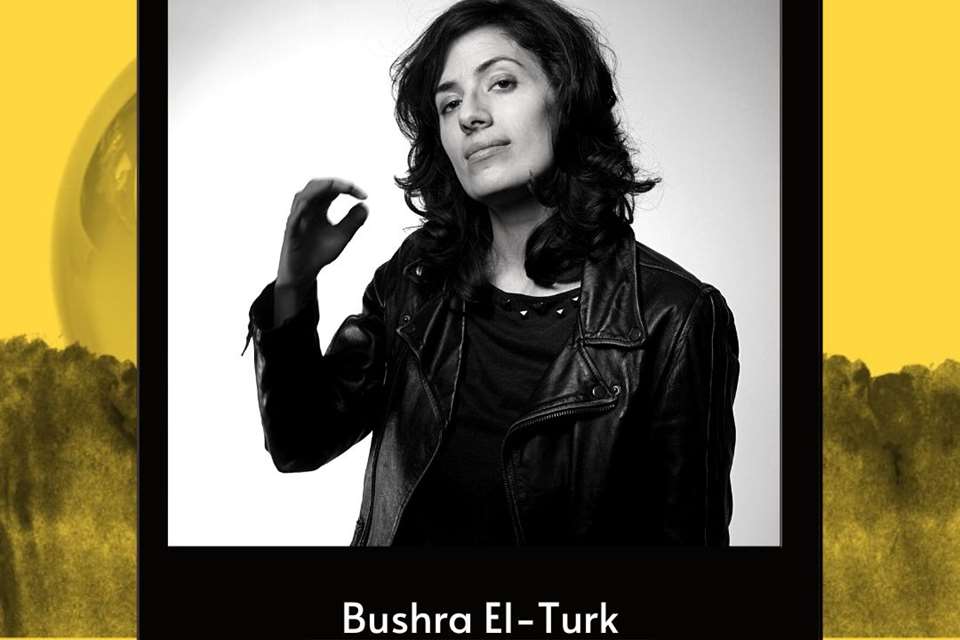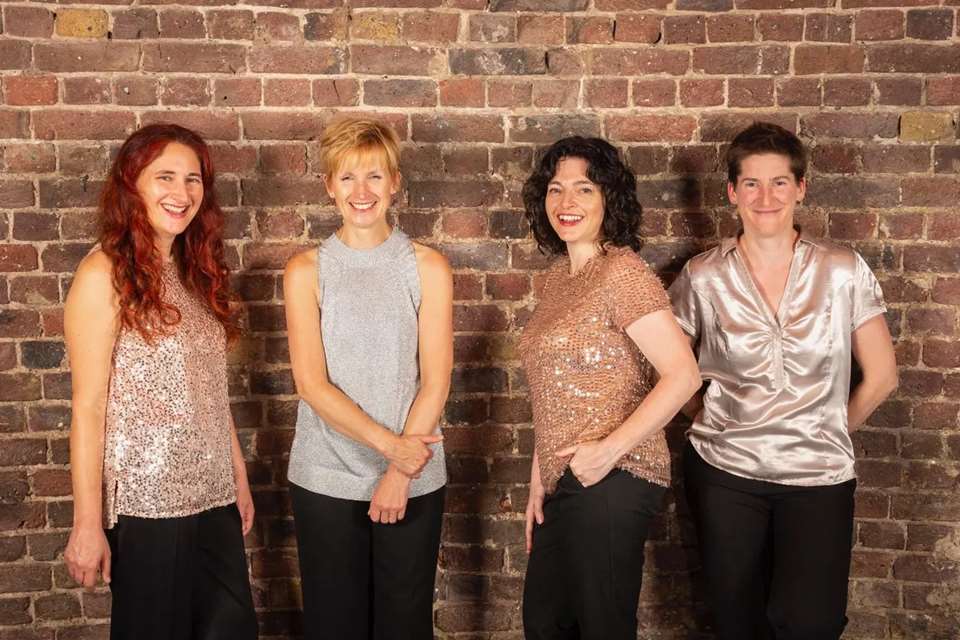'Artistically we are a democracy': What the Ragazze Quartet can teach us about collaboration
Florence Lockheart
Thursday, July 27, 2023
Florence Lockheart delves into the ‘collective brain’ of the Quartet with members Rebecca Wise, Jeanita Vriens and Annemijn Bergkotte to learn how their long-standing relationships translate to effective creative collaboration and exceptional performance


Register now to continue reading
Don’t miss out on our dedicated coverage of the classical music world. Register today to enjoy the following benefits:
- Unlimited access to news pages
- Free weekly email newsletter
- Free access to two subscriber-only articles per month


